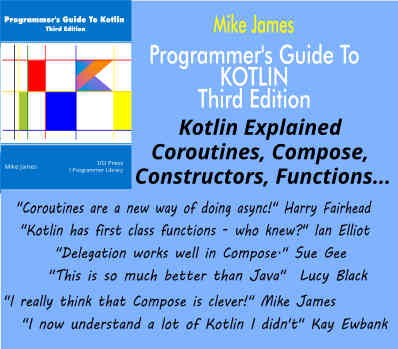| Paul Allen's Living Computer Museum Going, Going, Gone |
| Written by Sue Gee | |||
| Sunday, 30 June 2024 | |||
|
The Seattle-based Living Computer Museum, founded in 2012 by Paul Allen to preserve vintage and heritage computers for posterity has closed and its collection will be sold at auction by Christies in September. Paul Allen, together with Bill Gates co-founded Microsoft having collaborated in bringing BASIC to the hobbyist microcomputers of the 1980's. He died in 2018 in Seattle of complications of non-Hodgkin’s lymphoma. At the time, Vulcan the company he had founded with his sister in 1986 stated its commitment to furthering his mission encompassing an eclectic raft of scientific, educational and philanthropic ventures. Even though he stepped aside from day-to-day operations at Microsoft in 1983, Allen remained on the board of directors until 2000 and he shared in the company's spectacular financial success, becoming a billionaire at the age of 37. As a philanthropist, Allen deployed the fortune he made from Microsoft over a wide range of endeavors, including the Allen Institute, founded in 2003 with the initial pursuit of understanding the brain, the Allen Institute for Cell Science, The Paul G. Allen Frontiers Group dedicated to bio-science research and the Allen Institute for Artificial Intelligence, the slogan of which is "AI for the Common Good". Source: PCjs Blog The special feature of the Living Computer Museum + Labs was that it featured vintage computing systems that visitors could interact with and use much like they would have been used back in the day, rather than being merely static display pieces, hence the ‘living computers’ part. When it opened Allen posted a letter on its website that stated: It is possible that no other technology on earth has so continually renewed itself as computer technology. Advances in the field arrive in such swift succession that even the software and hardware of a few seasons ago are considered obsolete. The decades-old computers in this collection. Therefore. Are truly worth of our preservation and study, both for cutting edge innovations of their day as well as for their historical significance. The Living Computers Museum also fulfills my hopes that the achievements of early computer engineers aren’t lost to time. I wanted to provide a website and repository that recognized the efforts of those creative engineers who made some of the early breakthroughs in interactive computing that changed the world. Due to the pandemic, the Living Computer Museum had closed in 2020, but the expectation had lingered that it would re-open, even though there had been staff layoffs. News of its permanent closure has come as a blow to people who donated treasured computers to the museum. Bob Powell who had sold his first-generation MITS Altair 8800 microcomputer and several crates of related materials to Living Computers for $1 not long before it closed in March 2020 contacted GeekWire to express his dismay at the Allen Estate's decision to sell the entire collection and his intention to retrieve his Altair despite having no paperwork as hard proof of the transaction. In 2022 the Allen Estate, for which Jody Allen is the executor, disposed of 155 masterpieces from her late brother's extensive art collection via auction house Christie's. Titled "Visionary: The Paul G. Allen Collection" this made history when it achieved $1.62 billion, becoming the most valuable private collection ever to come to auction. Christie's are now planning "Gen One: Innovations from the Paul G. Allen Collection," a series of three sales including “Firsts: The History of Computing,” an online sale closing September 12. According to Christies: This auction pays homage to Allen’s role shaping the modern computing landscape. A highlight of the sale is a computer that Allen helped restore and on which he worked, a DEC PDP-10: KI-10. Built in 1971, it’s the first computer that both Allen and Microsoft co-founder Bill Gates ever used prior to founding Microsoft. It’s estimated to fetch $30,000 to $50,000. DEC PDP-10 A live auction on September 10, “Pushing Boundaries: Ingenuity,” will feature items intended to tell the story of scientific and technological achievements spanning centuries. Its top item is a 1939 signed letter from Albert Einstein to President Franklin Delano Roosevelt credited as the impetus behind the establishment of the Manhattan Project which is estimated to fetch $4 million to $6 million. Christie’s said details about other computers and related items from Allen’s collection will be shared this summer. Meanwhile the closure of the Living Computer Museum is being seen as a sad loss with questions raised about whether this is really what Allen would have wanted.
|
More Jetpack Compose Updates 24/06/2024 The July release of Android Jetpack Compose has some improvements and it is faster, but is it what we want? |
Apache Releases NetBeans 22 02/07/2024 Apache NetBeans 22 has been released. This release has a new Gradle Wizard, upgrades to Java 22 javac, and a number of UI changes. |
More News
|
Comments
or email your comment to: comments@i-programmer.info






